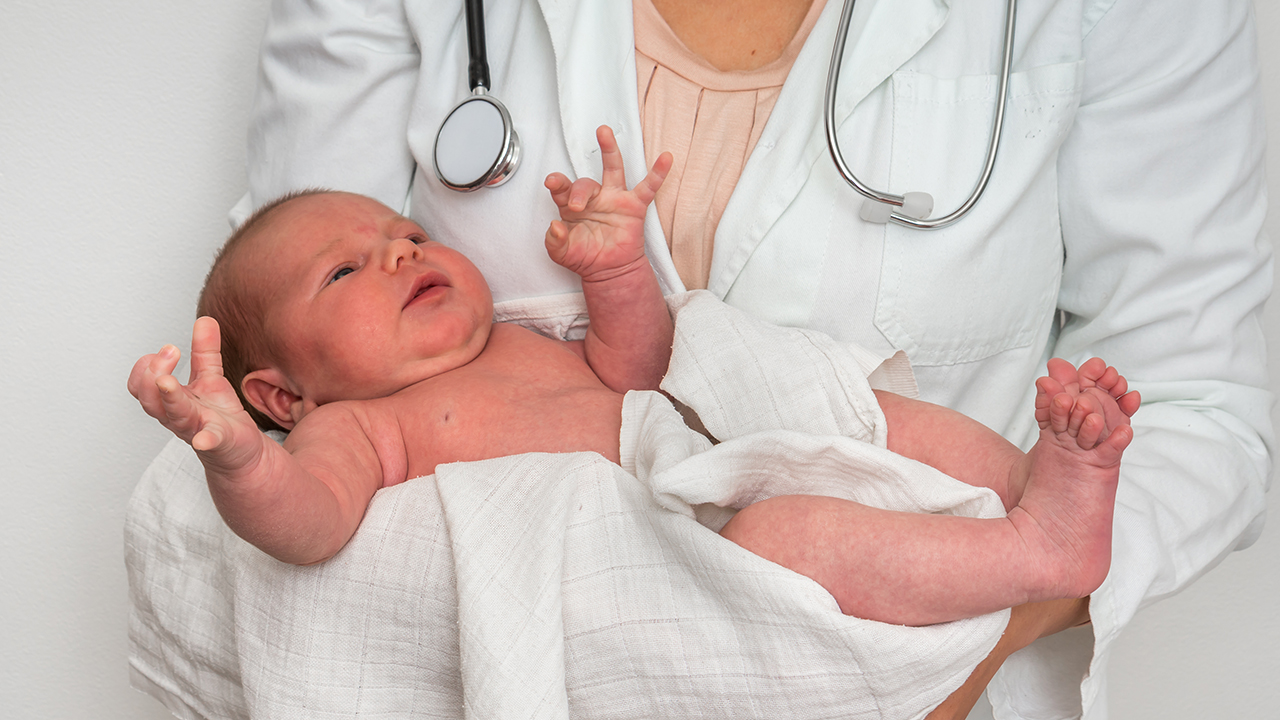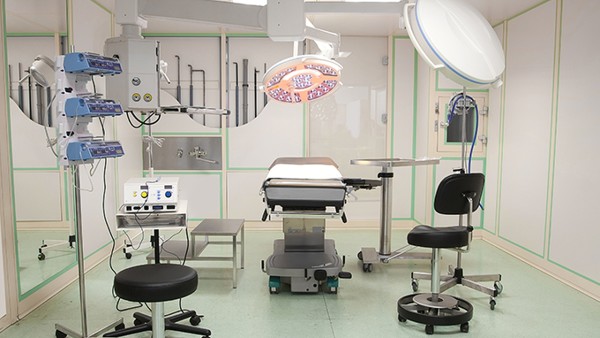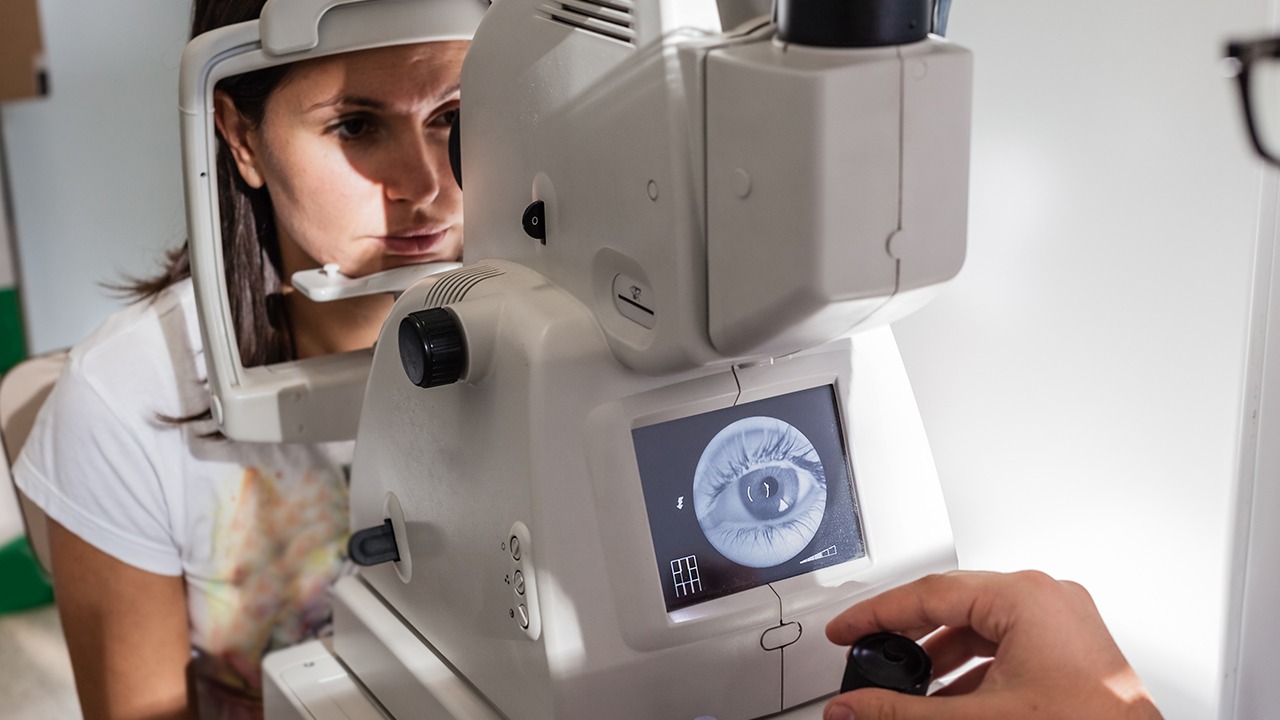Improper Care of the Umbilical Cord May Cause Sepsis in the Baby

The umbilical cord is a lifeline between a mother and her baby during pregnancy. It provides the baby with oxygen, nutrients, and hormones from the mother's bloodstream. After the baby is born, the umbilical cord is clamped and cut, and the stump is left to dry and fall off on its own.
Improper care of the umbilical cord can lead to infection, which can spread to the baby's bloodstream and cause sepsis. Sepsis is a life-threatening condition that can cause organ damage, shock, and even death.
What are the signs of umbilical cord infection?
The signs of umbilical cord infection can include:
Redness, swelling, or drainage from the umbilical cord stump
A foul odor coming from the umbilical cord stump
The baby's abdomen is swollen or tender
The baby is fussy or irritable
The baby has a fever
How is umbilical cord infection treated?
Umbilical cord infection is treated with antibiotics. The type of antibiotic and the length of treatment will depend on the severity of the infection. In some cases, the baby may need to be hospitalized for treatment.
How can umbilical cord infection be prevented?
There are several things that parents can do to prevent umbilical cord infection, including:
Keeping the umbilical cord stump clean and dry.
Bathing the baby with a mild soap and water.
Changing the baby's diaper frequently.
Avoiding touching the umbilical cord stump with unwashed hands.
Covering the umbilical cord stump with a sterile gauze bandage.
What should I do if I think my baby has an umbilical cord infection?
If you think your baby may have an umbilical cord infection, it is important to see a doctor right away. Early diagnosis and treatment can help prevent serious complications.
Other factors that can increase the risk of umbilical cord infection
In addition to improper care, there are other factors that can increase the risk of umbilical cord infection, including:
Premature birth: Babies born before 37 weeks of gestation are at an increased risk of umbilical cord infection.
Low birth weight: Babies who weigh less than 2,500 grams at birth are also at an increased risk of umbilical cord infection.
Maternal infection: Mothers who have an infection during pregnancy or labor are more likely to have babies who develop umbilical cord infection.
Conclusion
Umbilical cord infection is a serious condition that can be prevented by following proper care instructions. If you think your baby may have an umbilical cord infection, it is important to see a doctor right away.
The above is all the content that the editor wants to share with you. I sincerely hope that these contents can bring some help to your life and health, and I also wish that your life will be happier and happier.
Topic: #the #umbilical #of- • What is the relationship between kidneys and prostate
- • What to do if the umbilical cord wraps around your neck in late pregnancy
- • How to reduce the impact of colds on the fetus during pregnancy
- • The best dietary therapy for neonatal hypoxic-ischemic encephalopathy
- • Detailed explanation of the causes of neonatal hypoxic-ischemic encephalopathy














